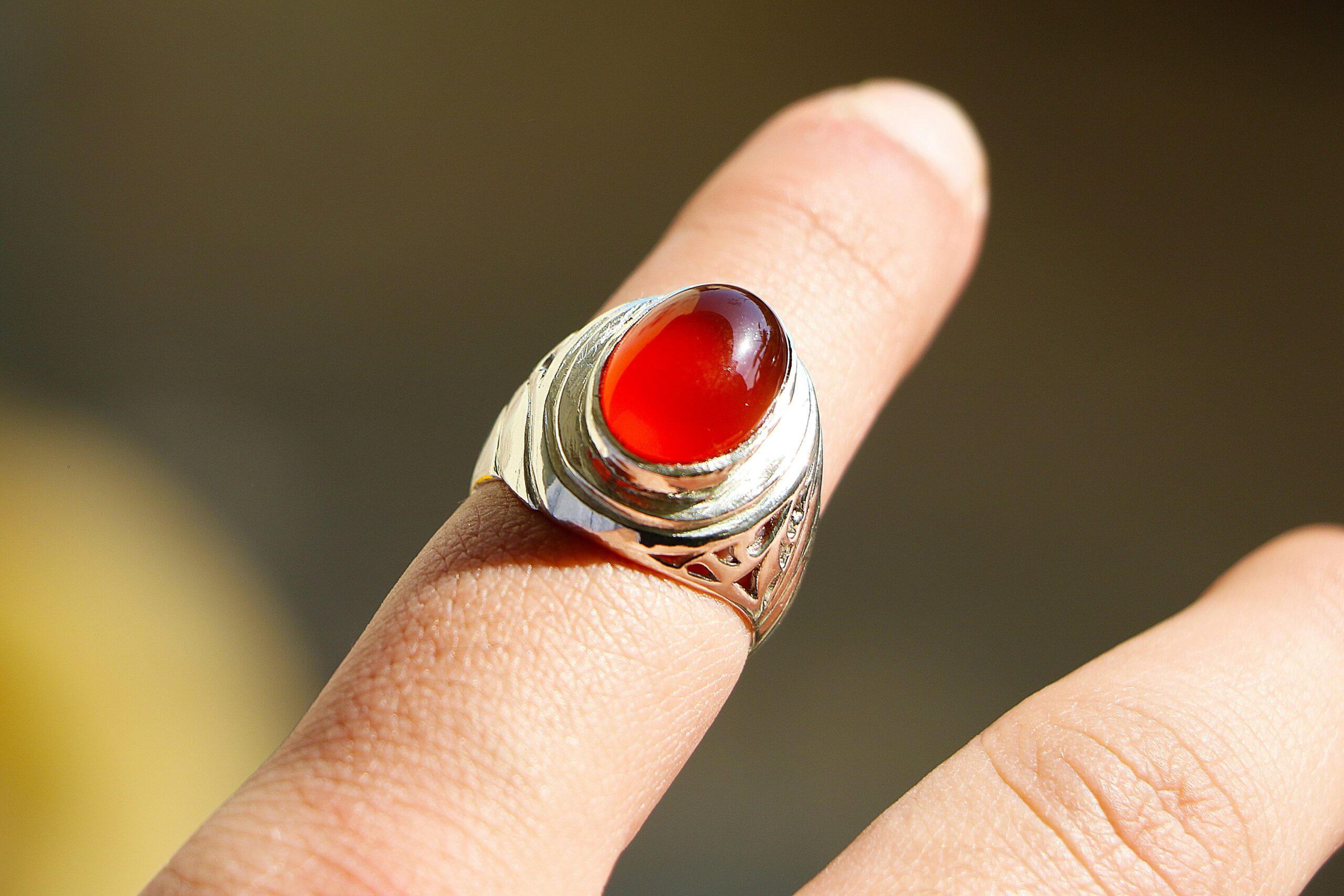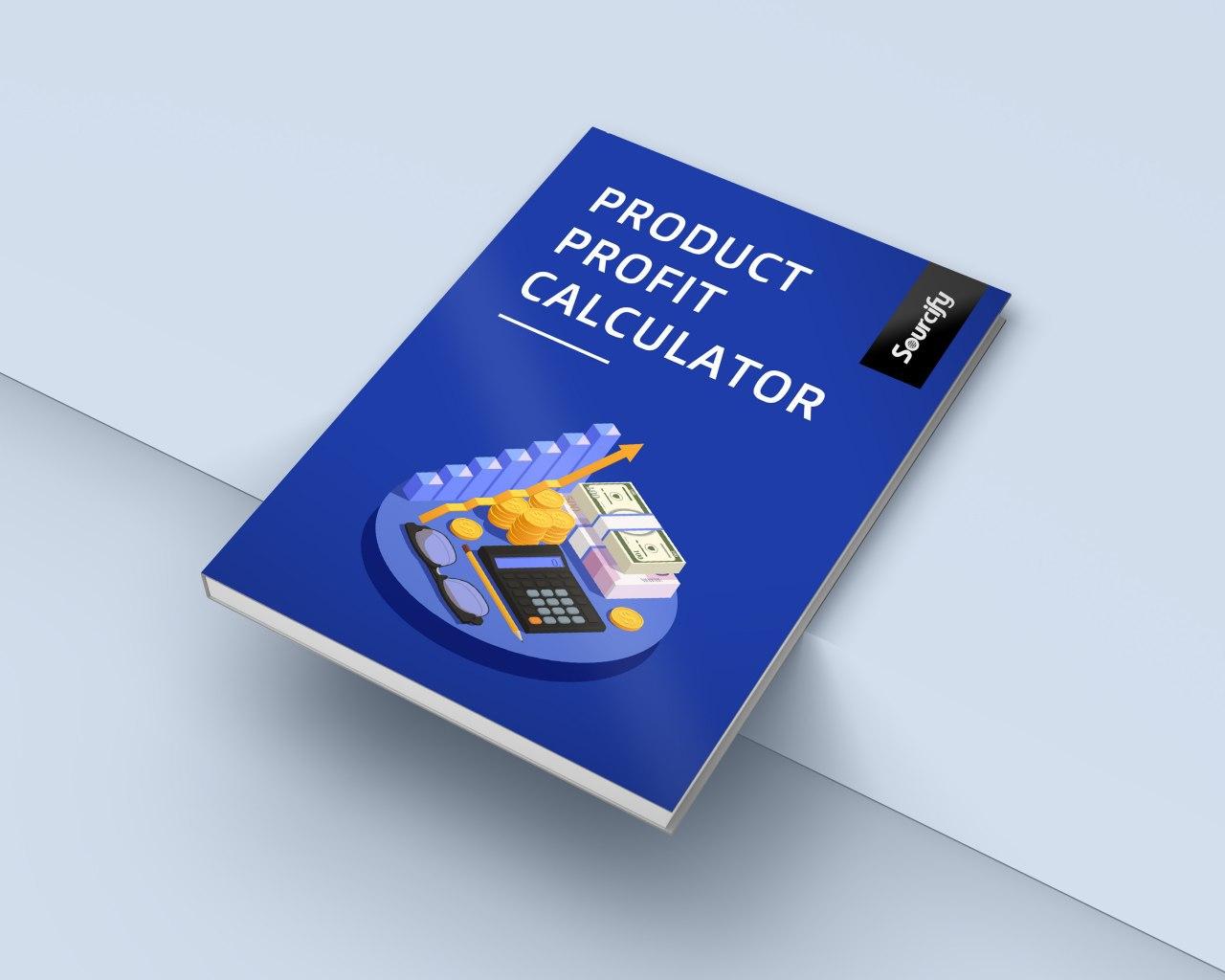One of the hardest parts of starting a business is finding the right manufacturing partner. Depending on the products you need produced there can be thousands of manufacturers located in hundreds of companies claiming to be able to produce exactly what you need.
But how do you know they’re telling the truth and that they’re a good match for your company?
The best place to start is by deciding where you should manufacture your products based on a couple main factors. The first being location proximity to your warehouses and store fronts, this will help you determine estimated shipping times and costs. Getting an accurate read on shipping will help you determine how much margin you’re giving up to this process.
In today’s world, you can find manufacturers for almost any product, in any part of the world. It used to be that certain products needed to be made in certain countries. With globalization and improved shipping routes, products are now made across the globe.
As an example, China has been a manufacturing leader for the last couple of decades due to their access to raw materials and lower labor costs.. However, with the recent implementation of the tariffs on Chinese produced goods, many businesses manufacturing their products there might be giving up a little too much of their profits to the new duties.
In this guide we’ll cover the most crucial questions you should be asking yourself and your manufacturers before deciding to go through with a full production run.
Question #1: What will it cost to get my products to my warehouse or store front?
There are a few factors you need to pay attention to here in order to get a good idea of what you’re going to be dealing with once it’s time to receive your products. First, look at the trade agreements between your country and the country of origin for your products. If you’re shipping your products into the U.S. you can use the U.S. Tariffs Database to look up your specific products to see if you’ll face heavy duties.
As we mentioned above, as an example, most products produced in China are seeing a 25% duty tact on once the products reach U.S. soil, this either means you need to take a 25% cut on your margins or increase the price for your consumers by 25%. Depending on your industry, especially if it’s a price sensitive industry, it may not be possible to raise the prices of your products.
If you can’t deal with a 25% increase in the costs of your products then it may be time to look outside of China to produce your goods to other countries like Vietnam or India.
After you’ve decided which country is best for you, it’s time to determine the best way to actually get your products from the manufacturer to your location. Many companies choose to use Freight Forwarders to help them cut costs and reduce the shipping times.
Freight forwarders do most of the heavy lifting by negotiating with couriers on your behalf, this is a major time saver for most business owners as finding the right shipping partner, especially when they’re located overseas, can be a daunting task.
Question #2: Does this factory have the right certifications?
Most products such as t-shirts, socks, shoes, and watches don’t require any specific certificates or licenses to produce. However, other products, like sunglasses do. Why is that? According to the FDA sunglasses are considered a medical device and require that factories producing them are properly certified.
These certifications are known as the ISO Standards and can be viewed in their entirety on the official ISO website. Understanding these standards and verifying that the factory you wish to work with has the proper certifications by asking for a copy of their certificates will make your job significantly easier once it’s time to receive your goods.
If you produce a product that requires a certain certification, but the factory was never actually certified you’re going to have a hard time getting your goods into your country.
Question #3: Can I get a sample?
You should ALWAYS ask for a sample to be produced at the top 2 or 3 factories you’re looking to hire for the full production run. Without a sample you have no idea if a factory is capable of delivering your product as specified.
Depending on the product samples can cost anywhere from $50 – $1000, typically it will be at the lower end of the spectrum for most products, but make sure you ask upfront.
After receiving your sample look over it carefully, make sure it’s put together properly, that the colors are as you requested, and that the material is the right material for the job. Once you decide to go forward with production there’s no turning back, so this step is one of the most crucial.
Don’t be afraid to request additional samples after receiving the initial sample, it’s not unusual to go through 2 or 3 rounds of samples before the product is ready to produce.
With these questions in mind your task of finding the right manufacturer for your products will become much easier and there shouldn’t be any surprises once production has begun.




